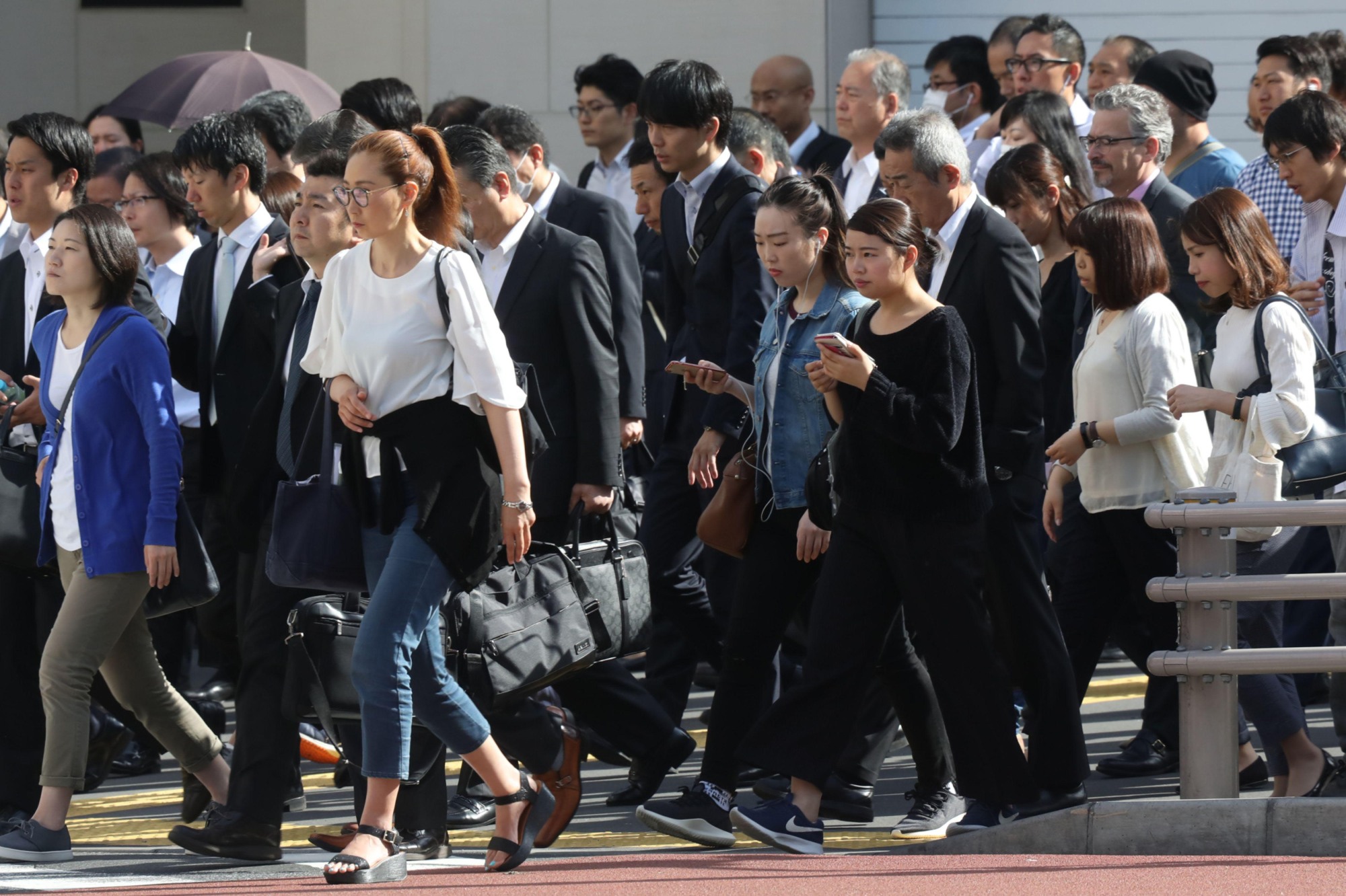At what had been a quiet weekly meeting in April, Mitsuki Shimoji's boss suddenly startled his staff of 20 system engineers, divided among two teams, with a drastic new policy aimed at curbing overtime.
The manager told them that he would be speaking with each staff member at 5 p.m. every day to check their plans for overtime work and whether their reasons for working late were valid.
A shocked silence fell over the teams. "Deep down they should have thought that was a positive change, but it was also a pain" to have to explain one's intention to do overtime, said 26-year-old Shimoji, who is in her fourth year at the Tokyo-based subsidiary of a life insurance provider.

















With your current subscription plan you can comment on stories. However, before writing your first comment, please create a display name in the Profile section of your subscriber account page.